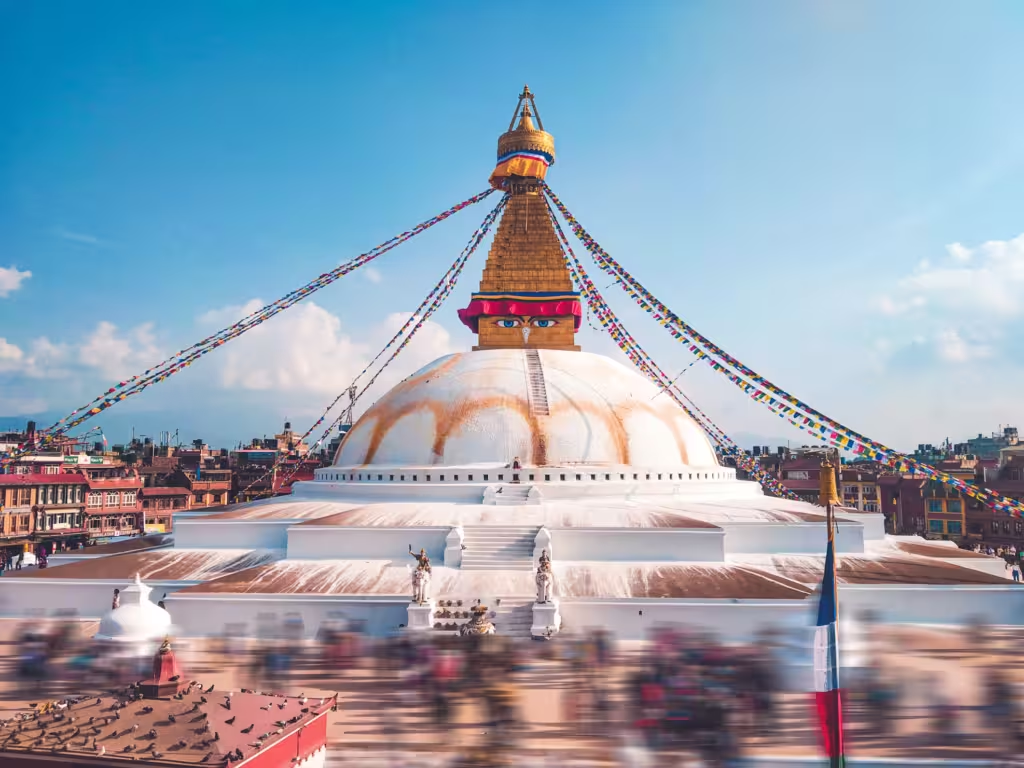
Nepal has been increasingly considered as a destination for international students, including those aspiring to pursue MBBS (Bachelor of Medicine, Bachelor of Surgery). Here are some key aspects to consider regarding MBBS education in Nepal:
-
- Quality of Education: Nepal has several medical colleges that offer MBBS programs with a focus on international standards of education. Some institutions are recognized by global medical organizations.
- Affordability: The cost of MBBS education in Nepal is generally more affordable compared to many Western countries, making it an economically viable option for students seeking quality medical education.
- Language of Instruction: While the medium of instruction in many programs is English, some institutions may offer bilingual programs where students are also exposed to the local languages. This can be beneficial for communication with patients during clinical training.
- Language of Instruction: While the medium of instruction in many programs is English, some institutions may offer bilingual programs where students are also exposed to the local languages. This can be beneficial for communication with patients during clinical training.
- Cultural Diversity:Studying in Nepal provides exposure to a rich cultural environment with diverse traditions and practices. International students have the opportunity to immerse themselves in Nepali culture.
- Clinical Exposure: Studying in Nepal provides exposure to a rich cultural environment with diverse traditions and practices. International students have the opportunity to immerse themselves in Nepali culture.
- Duration of the Program: The duration of the MBBS program in Nepal is typically around 4.5 to 6 years, including both theoretical and practical components.
- Recognition of Degrees: Degrees obtained from recognized medical colleges in Nepal are generally accepted globally, enabling graduates to pursue further studies or practice medicine internationally.
- Modern Facilities: Many medical colleges in Nepal are equipped with modern facilities, laboratories, and medical technologies, providing students with a conducive learning environment.
- Post-Graduation Opportunities: After completing MBBS in Nepal, students may have the option to pursue further studies, specialization, or residency programs in Nepal or other countries.
- Safety and Security: Nepal is generally considered safe for international students. However, it’s important to be aware of local safety guidelines and take necessary precautions.
- Cultural and Recreational Activities: Nepal offers a range of cultural and recreational activities, including festivals, trekking, and exploring historical sites. This provides students with a well-rounded experience beyond their academic pursuits.
Before deciding to study MBBS in Nepal, prospective students should research specific medical colleges, understand admission requirements, and consider factors such as accreditation, living conditions, and the overall academic environment. Staying updated on any changes in policies or educational standards is essential for making informed decisions.
High Ranked Universities in Nepal
- College Of Medical Sciences
- Karnali Academy Of Health Sciences
- Patan Academy Of Health Sciences
- Kathmandu Medical College

